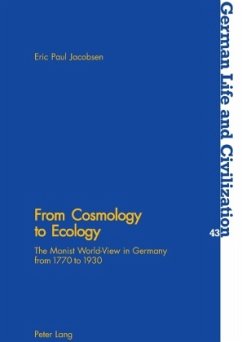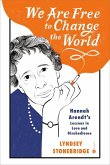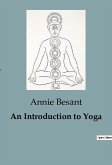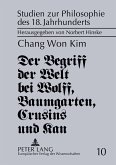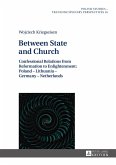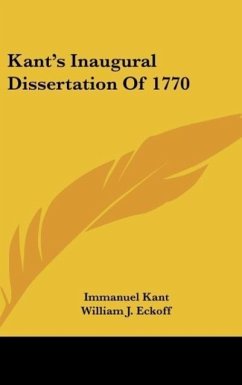This book traces the development of the monist world-view in Germany from the Age of Goethe to the 1920s. Originally a core idea in the philosophy of Spinoza, monism, the idea of a universe of one substance that is both mind and matter, inspired many German thinkers from Goethe to Fechner, especially the infamous social Darwinist Ernst Haeckel. This study contrasts Haeckel's monism with the more benign monist world-views of his predecessors and of his socialist and left-liberal contemporaries and followers, above all Bruno Wille and Wilhelm Bölsche.
«Based on a detailed reading of little-known German sources, the author offers an excellent interpretation of a neglected and underrated current of German thought.» (International Review of Biblical Studies)
«This monograph will be useful as an English-language survey of this material and of recent research on it.» (David Midgley, The Modern Language Review)
«This monograph will be useful as an English-language survey of this material and of recent research on it.» (David Midgley, The Modern Language Review)

